I was born in 1958 and turned 58 in June, so for the next five months my age coincides with the year of my birth. Does any significance attach to this pleasing symmetry? If you were born in 1904 then the numerological rhyme would be achieved at four years old, before you were in any position to appreciate it. If you were born in 1990 then the chances are you will never manage this brief docking of age and year; of course the odds are better than they would have been if you were born in 1890 but it’s unlikely you’ll feel some pivotal moment has been reached. Which is how it seems to me. But the feeling of passive accomplishment, that I have somehow come into my own, is undermined by its corollary: that I must soon drift away from myself as birth-year and age move steadily out of alignment. So I send special greetings to near-contemporaries who were born on 5.8.58 and turn 58 on 5 August. Is there a word or name for this brief intersection of starting point and cumulative total? Or is this fascination the last gasp of my capacity for mental arithmetic which means that, without a calculator, I can only perform the simplest equation whereby 58 = 58?
I don’t have reliable stats to hand but am tempted to announce that the moment of peak tattoo has passed. It’s not that people will stop getting inked but the number of new tats — steadily increasing over the last two decades — is now falling. The reasons for both prior increase and current decrease are obvious. For a long while, as fresh tattoos began appearing, they looked increasingly cool — and so more and more people wanted their own piece of the action. It’s a version of the multiplier effect that lifts economies out of recession. The actual tats often looked quite ugly but the idea seemed tempting. They had the glow of ripe fruit at a market, and every day the display was replenished with newer and fresher fruit. But the tattoo fad has been going on for so long that we now have widespread evidence of how things look when ink and flesh are no longer fresh. With every day that goes by more and more tattoos from this 20-year trend become old, blurred, faded and sad. Each day advertisements subtly assume the look and role of deterrents. Speaking personally, my frequent lament — ‘I wish I’d got a tattoo’ — has turned into ‘I’m glad I didn’t.’ I never got one because although I wanted a witty tattoo I was always conscious that if I went ahead with the only gag I could think of — ‘I knew I’d regret this’ — the joke would be on me.
My father-in-law has a wonderful library, full of books I’d like to read. Except they’re mainly dreary old editions with fading covers and brown, slightly brittle pages. His library makes Scott Fitzgerald look like a contemporary of Balzac, whereas mine… Well, I see now that plenty of the items on the shelves have been around for 30 years or more and, like old tattoos, are starting to fade. Former hipsters like Foucault and Barthes now share a dusty resemblance to the likes of Matthew Arnold and F.R. Leavis, whom they were alleged to have rendered obsolete. Even those stars of the Penguin Modern Classics — The Counterfeiters, The Waves, Nausea — are looking less sprightly than more recent acquisitions. In keeping with this, some have started to die off and disappear. What happened, for example, to my edition of Ralph Ellison’s Invisible Man with the Ben Shahn pen-and-ink drawing on the cover? It was one thing to briefly enjoy the way that it seemed to have become invisible, another to accept that it was missing, presumed lost. I reluctantly bought a new copy and was struck by how dreary the fresh-faced Ellison made his long-time neighbours (Umberto Eco, George Eliot) seem in comparison.
I’m just back from Paris, where I was teaching a creative writing course. It was very social with many dinners in great restaurants. I was staying in the Marais, near where I lived in the early 1990s. Looking back to that time, a quarter of a century ago, I ask a simple question: how did I endure it? I knew almost no one, lived in a wretched apartment, couldn’t speak French and hated the ubiquitous smoking. It was utterly wretched. All I did was stroll around and watch people in cafés living the life I wished were mine: i.e. sitting in a café with a French girlfriend (who didn’t smoke). I got practically no work done but I butched it out. A highlight of each wretched day was having a lonely grand crème on a café terrace even though Paris, I see now, has the most wretched coffee of any major European city. Life, wrote Kierkegaard in my (t)rusty old edition, must be lived forwards but can only be understood backwards. Except it can’t be understood backwards either.
Got something to add? Join the discussion and comment below.
Get 10 issues for just $10
Subscribe to The Spectator Australia today for the next 10 magazine issues, plus full online access, for just $10.

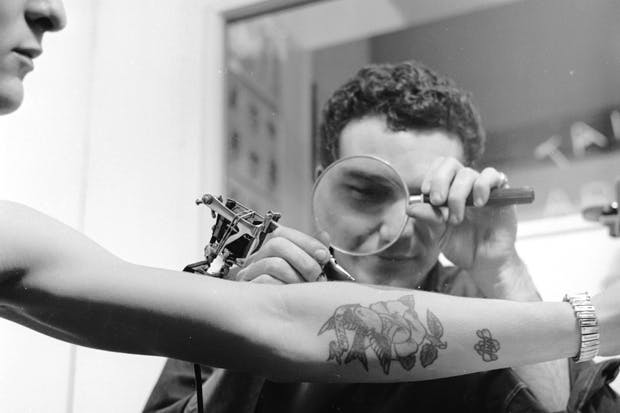
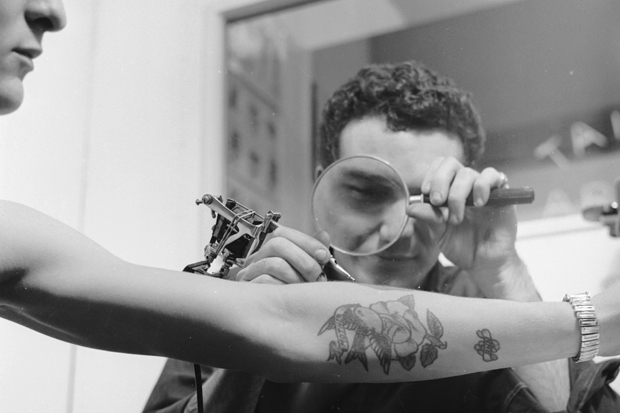
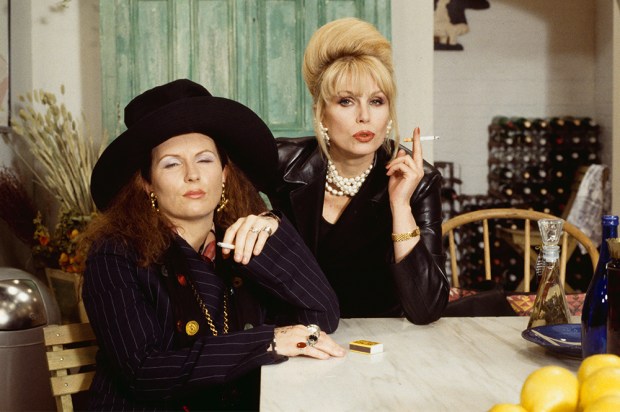

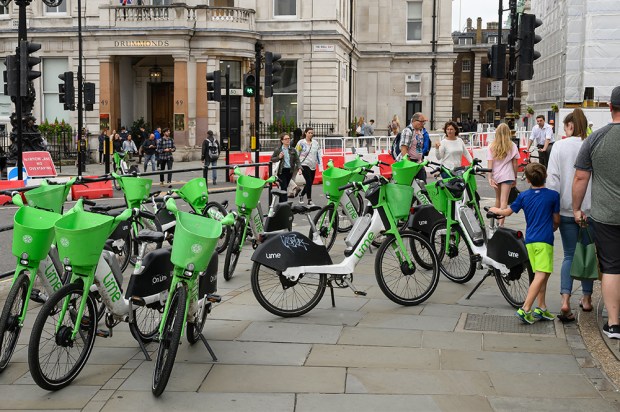

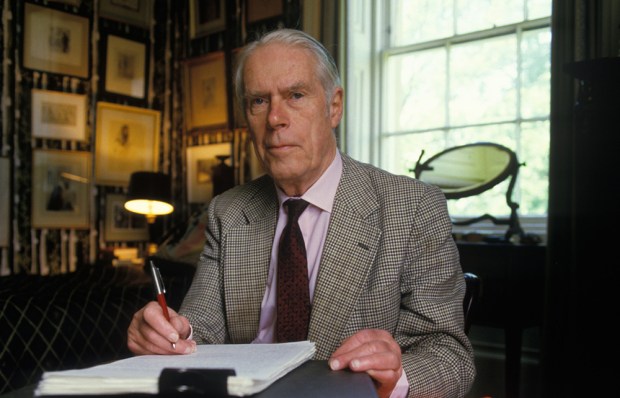






Comments
Don't miss out
Join the conversation with other Spectator Australia readers. Subscribe to leave a comment.
SUBSCRIBEAlready a subscriber? Log in